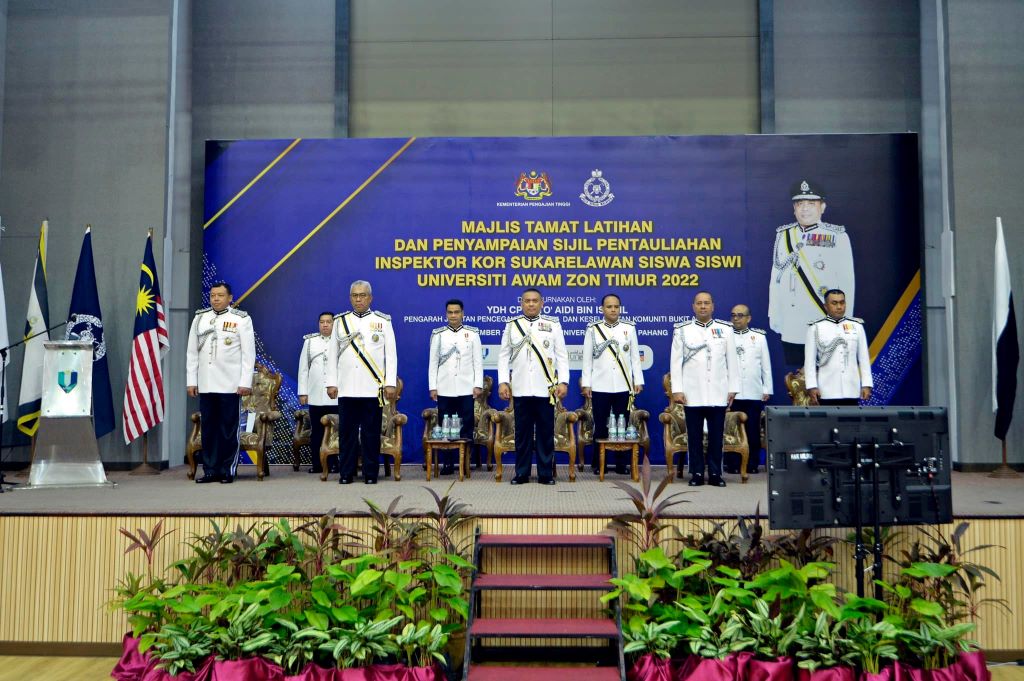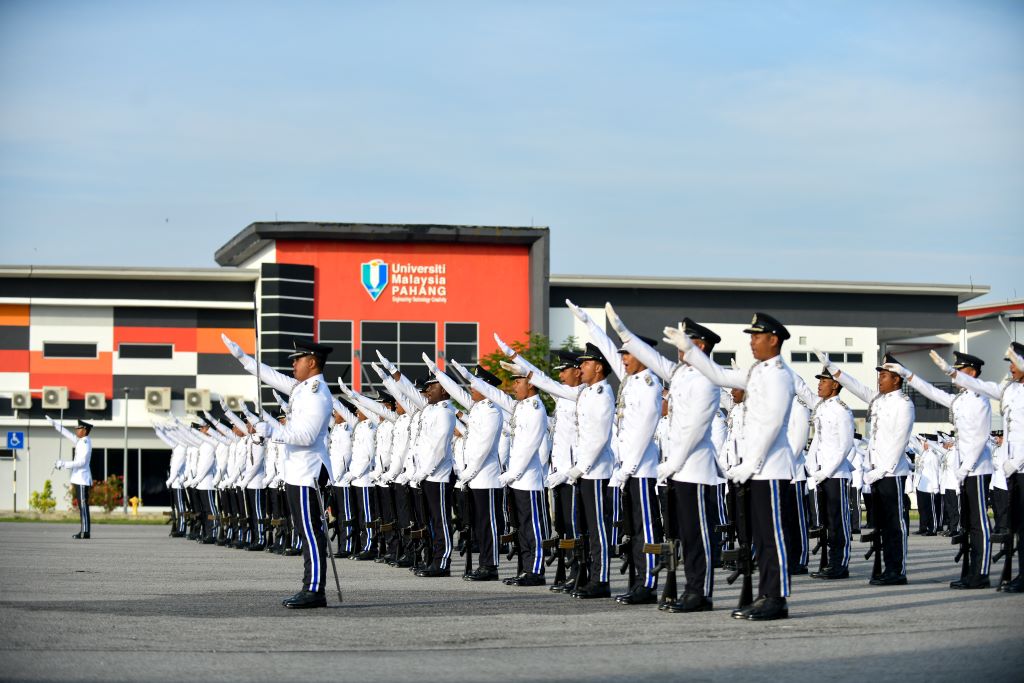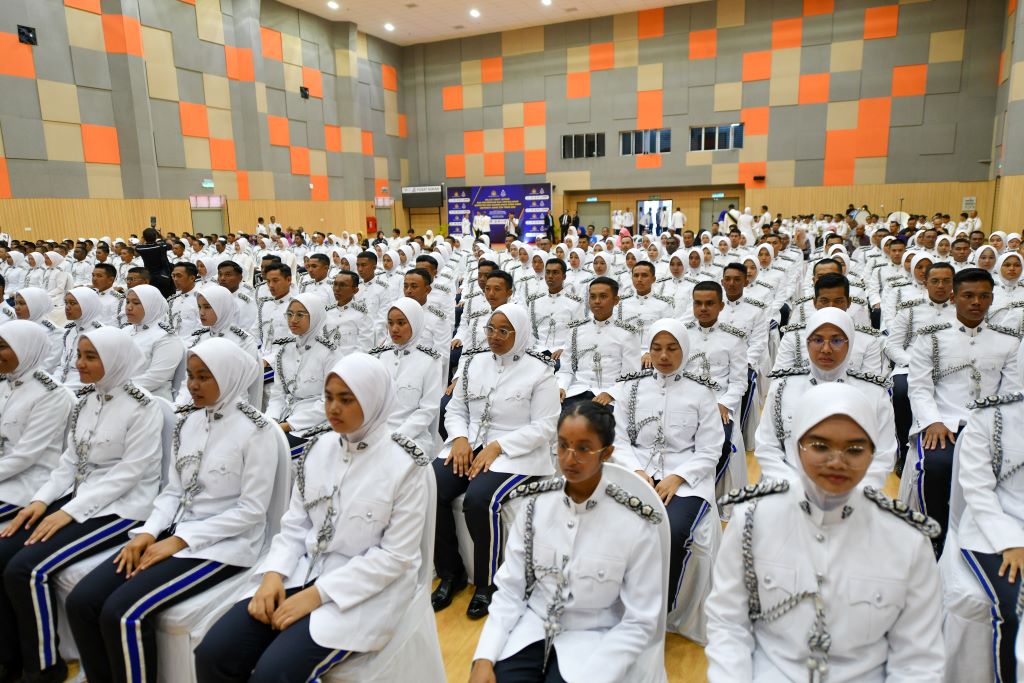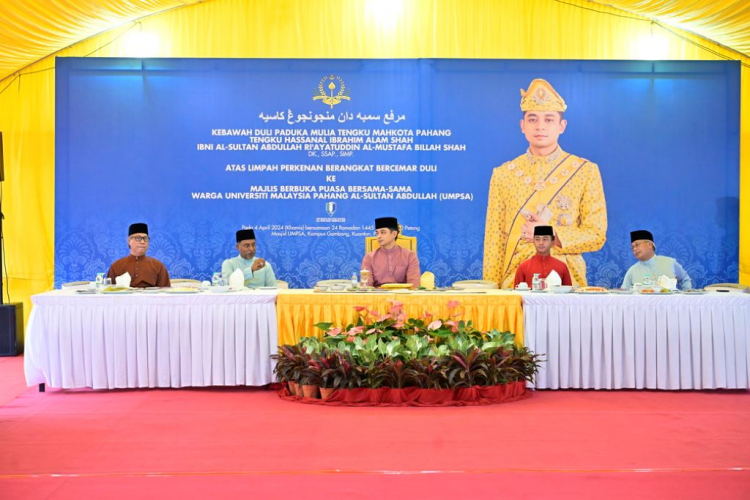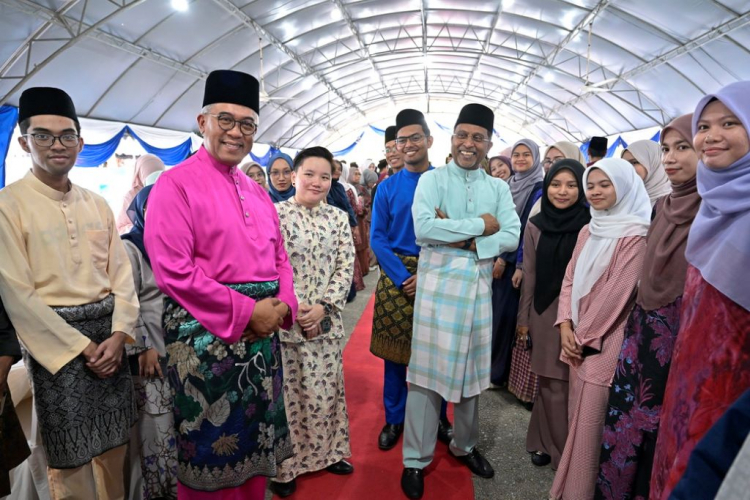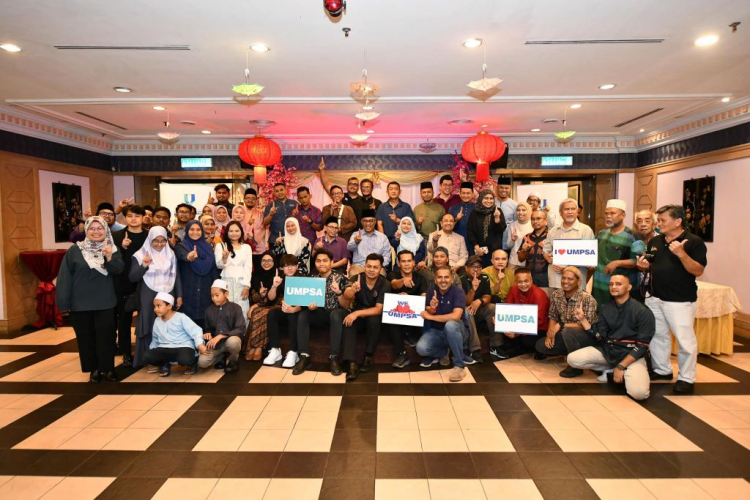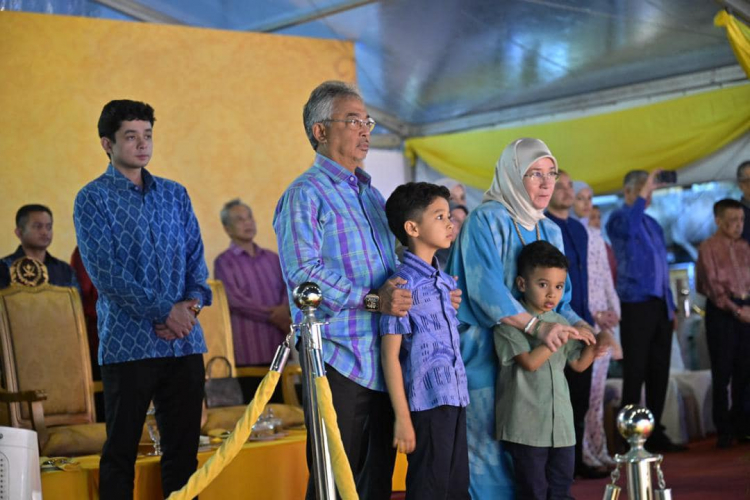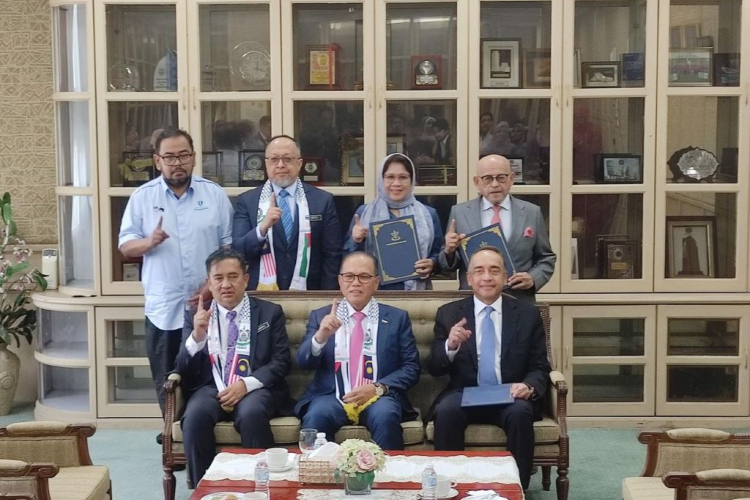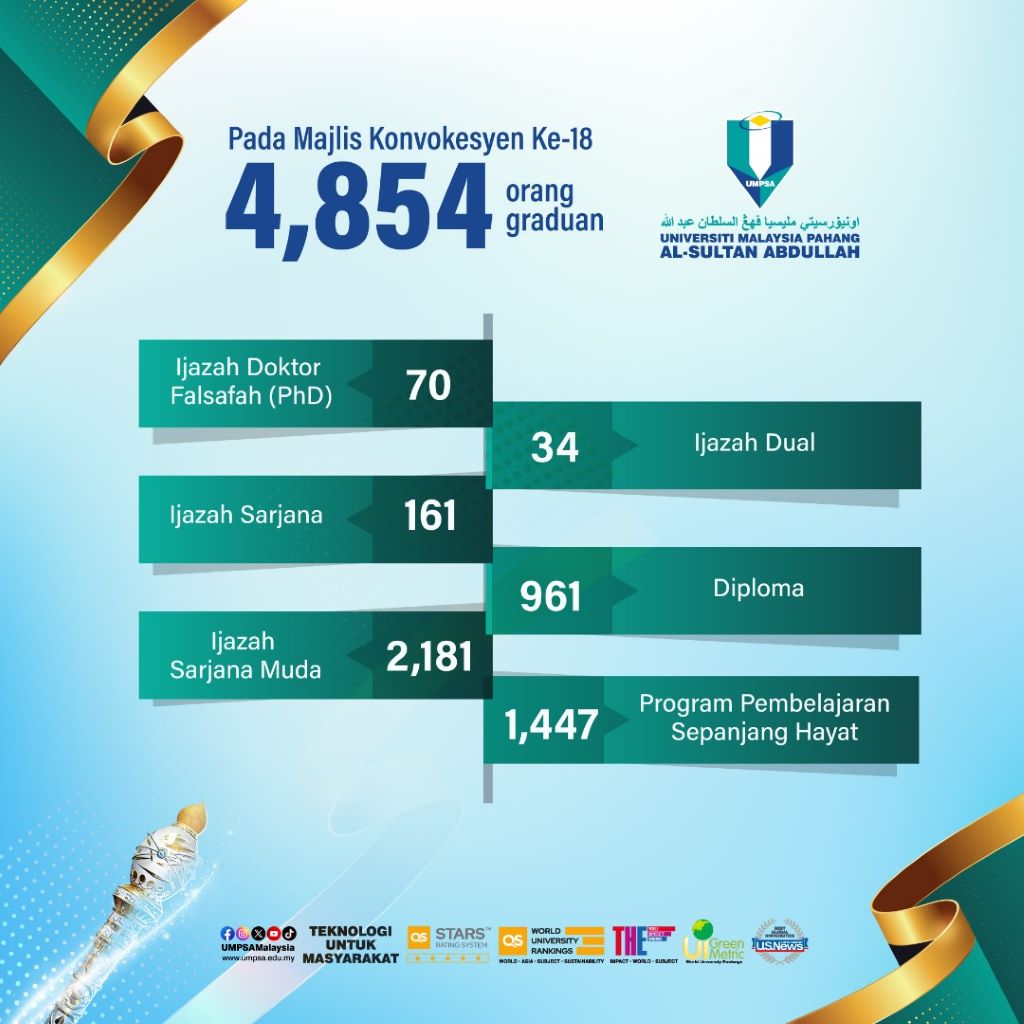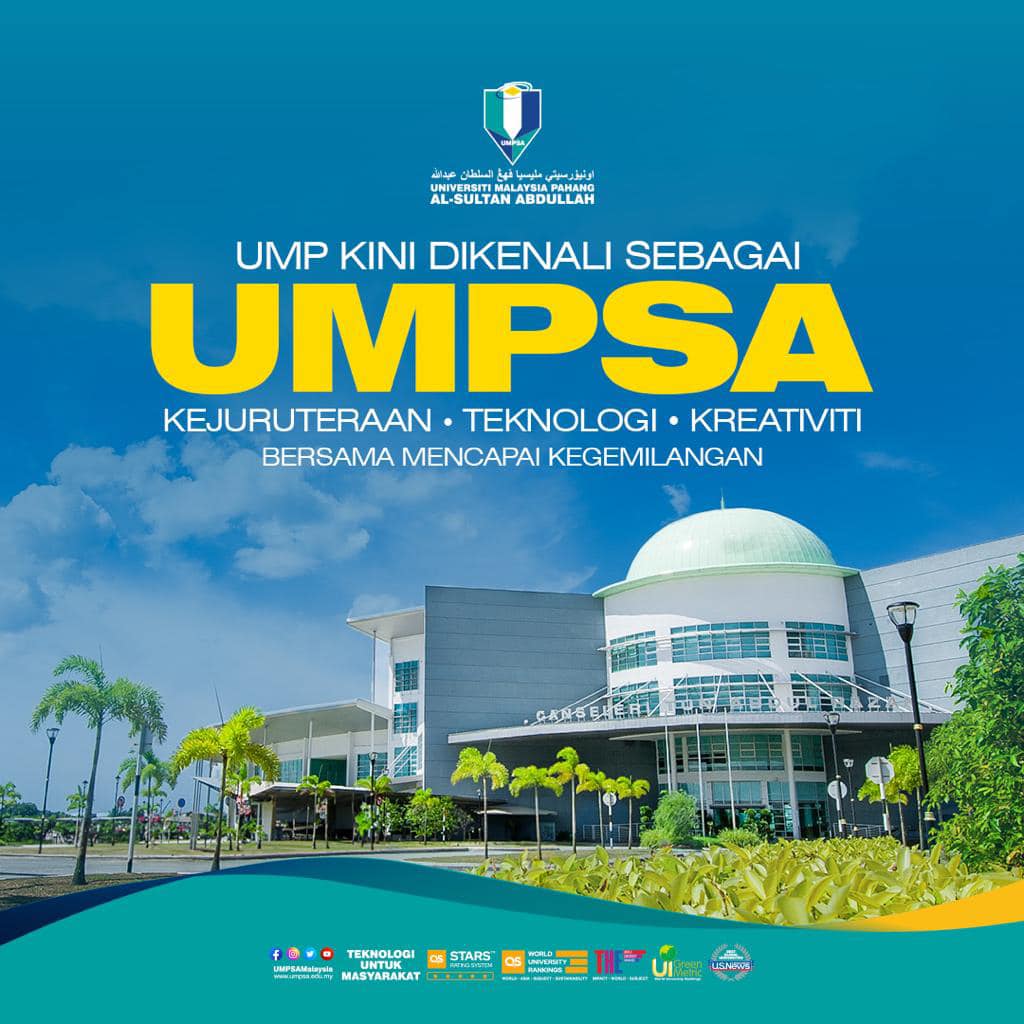314 trainees from 5 public universities commissioned as Inspector of Police Undergraduate Voluntary Corps
PEKAN, 24 September 2022 - A total of 314 Inspectors of the Police Undergraduate Voluntary Corps (SUKSIS) were commissioned after completing training conducted for three years or six semesters involving 672 hours following the training syllabus that has been coordinated and established at public universities (UA).
The SUKSIS trainees consisted of East Zone public UA namely Universiti Malaysia Pahang (UMP), Universiti Malaysia Kelantan (UMK), Universiti Malaysia Terengganu (UMT), Universiti Sultan Zainal Abidin (UniSZA) and Universiti Sains Islam Malaysia (USIM) and they completed their training successfully.
They received the commissioning certificate from the Director of the Crime Prevention and Community Safety Department, CP Dato’Aidi Ismail at the Ceremony of Completion of Training and Presentation of Commissioning Certificates at UMP Pekan.
Also present were the UMP Vice-Chancellor, Professor Dato’ Ts. Dr. Yuserrie Zainuddin cum the Commander of the UMP SUKSIS, Assistant Director of Support Resources Coordination of the Bukit Aman Crime Prevention and Community Safety Department, Senior Assistant Commissioner of Police Azhan Abdul Halim, Head of the Pahang Contingent Crime Prevention and Community Safety Department, Senior Assistant Commissioner of Police Noor Hisam Nordin and Head of the Pahang Contingent Crime Investigation Department, Senior Assistant Commissioner of Police, Mohd Yusri Othman.
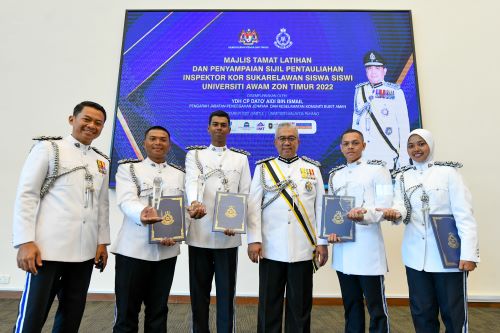
In his speech, CP Dato’ Aidi congratulated the trainees on the success of going through the training with great discipline and fighting spirit and all the struggles passed with recognition and appreciation through the ceremony of completion of training and presentation of the commissioning certificate.
With the training modules set up such as the Kawad Training Module, Weapons Training Module, General Operations Force Basic Module and Community Service Programme Module, he believed that the trainees would be able to become graduates with high soft skills.
He said personal development is not only learned in the classroom but also obtained through co-curricular activities that aim to provide soft skills among university students such as leadership, team spirit, obedience, discipline and time management.
All of these are learning outcomes that are the main objective of the SUKSIS programme, thus forming an excellent personality as a leader of calibre and knowledge in the field of policing.
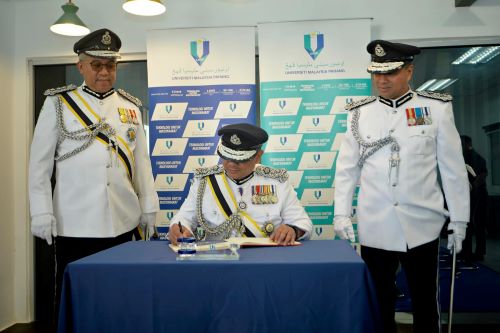
“Indeed, our country needs a generation of leaders who are knowledgeable, cultured, brilliant, responsible, visionary, with integrity, resilient and passionate about realising the national agenda.
“All educational processes that aim to inspire SUKSIS trainees that do not day-dreaming and be sensitive to community issues and problems,” he said.
He also advised students to avoid all forms of social phenomenon and violations of national laws and even become an example for other students by always maintaining self-discipline for a generation of graduates who succeed and excel in all aspects of life.
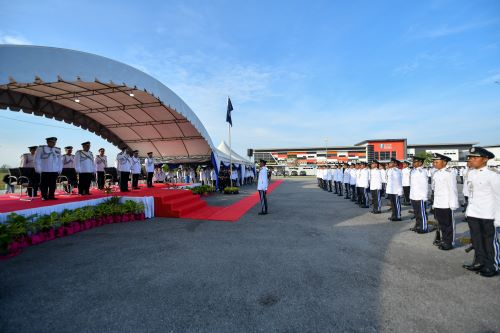
Meanwhile, Professor Dato’ Ts. Dr. Yuserrie said that the UMP SUKSIS, established on 17 July 2007, has produced 604 SUKSIS Inspectors.
Of these, 38 are currently serving as senior officers of the Royal Malaysian Police (RMP) in various areas of expertise.
“Use this opportunity to continue in the field of policing and use this advantage in other sectors based on the skills and discipline achieved during three years because uniformed bodies such as SUKSIS can instil discipline and identity and produce students who are knowledgeable about the law and the practice of policing discipline,” he said.
By: Mimi Rabita Abdul Wahit, Corporate Communications Division, Chancellery Department
Translation by: Dr. Rozaimi Abu Samah, Engineering College/Faculty of Chemical and Process Engineering Technology


